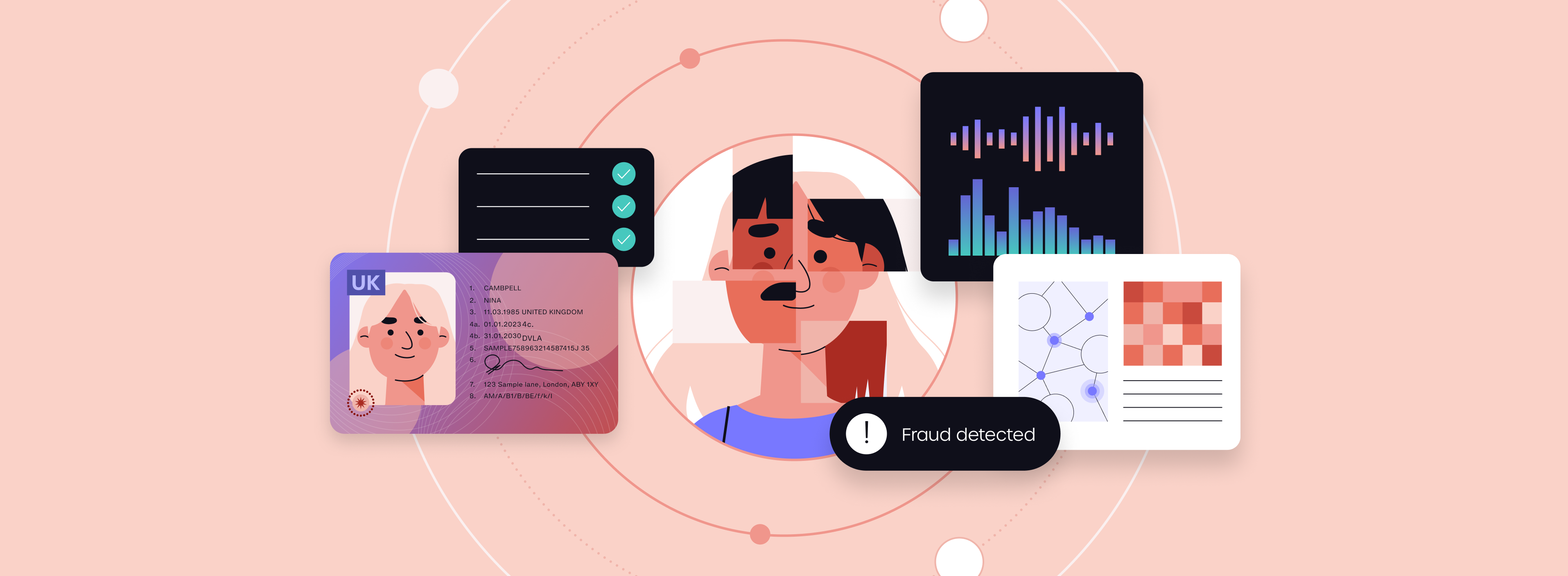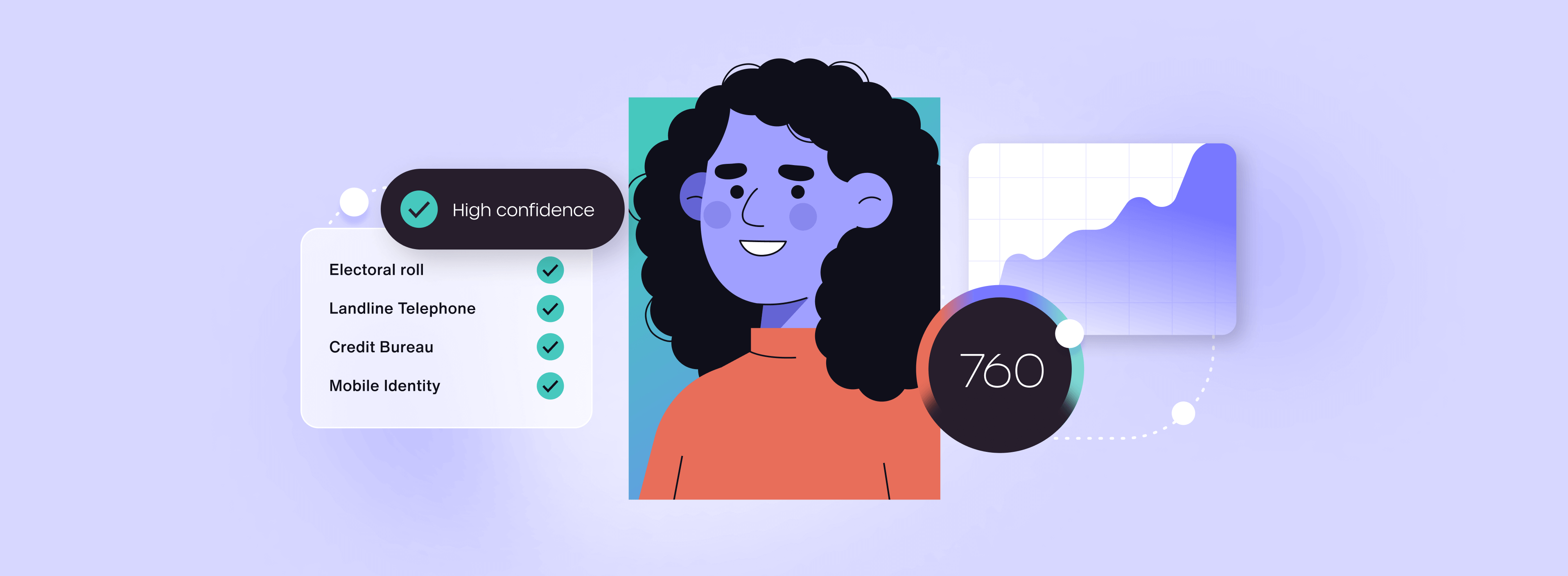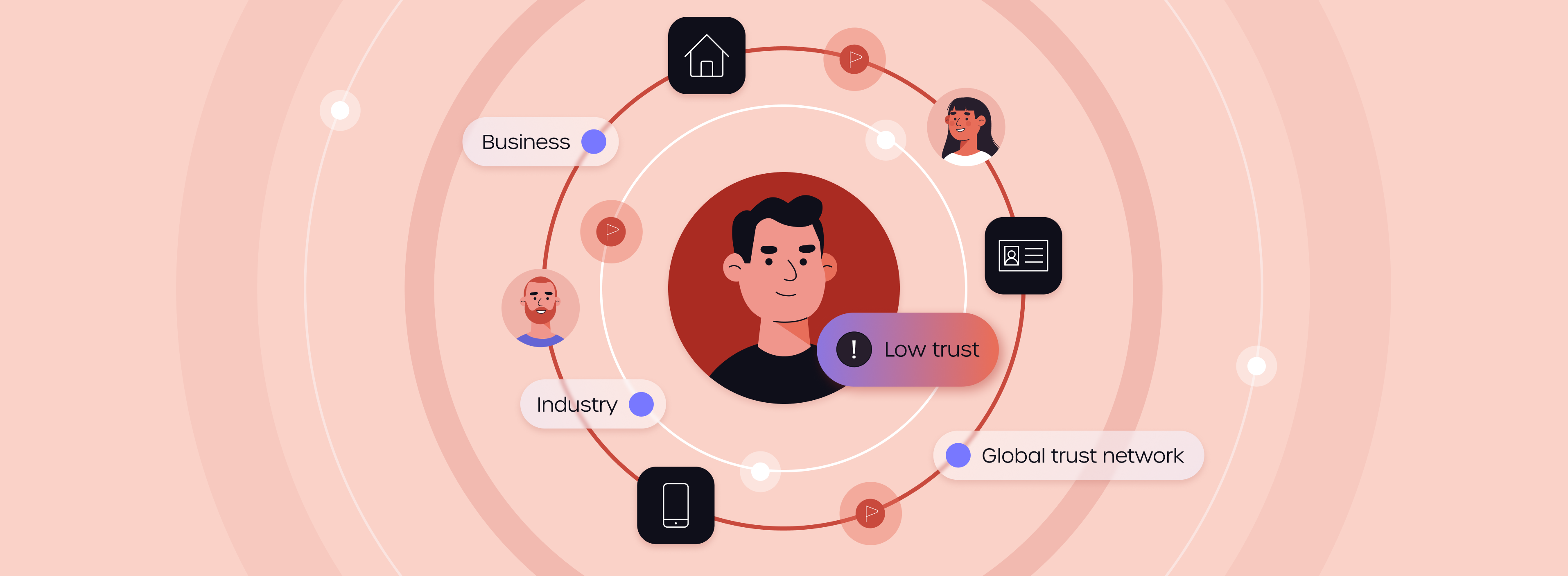
KYB: business blocker or accelerator?
KYB should be seen as a business accelerator not as a brake, or worse, a blocker to onboarding a new business customer.
Yes, the compliance fundamentals are important and customer due diligence is essential in regulated industries, like financial services. But, in an increasingly automated digital economy, brands must recalibrate know your business compliance to maximise customer conversion.
KYC, KYB and customer conversion
In a digital, service-driven economy, a fast and simple sign-up or onboarding process is essential for businesses to attract and retain customers. Among fintechs, there are many compelling examples of brands that have streamlined onboarding processes and KYC (Know Your Customer) checks, increasing conversion rates and enhancing customer satisfaction.
Revolut has reported that its conversion rate increased by 30% after simplifying its sign-up process. The super app for all things money spending, transfers, savings and investments achieved a 97% reduction in sign-up time with one intervention. Faster sign-up grew Revolut's customer base and enhanced customer engagement with services.
“How can it be that in the consumer-facing economy an onboarding experience is counted in seconds and in business onboarding brands count in weeks or even months?”
Chime Financial has rapidly acquired over 5 million mobile banking app account holders. Data shows that a simplified sign-up experience has directly influenced higher conversion and retention rates: customers who sign up within the first 48 hours of installing the app are 45% more likely to become long-term users.
From Airbnb to Uber and across a range of consumer services there are famous digital brands synonymous with providing simple, fast sign-up because they know it makes good business sense. So, when it comes to business customer onboarding, why do so many businesses get the onboarding experience so wrong?

What is the difference between KYC and KYB?
KYC (Know Your Customer) focuses on verifying the identity of individual customers to prevent fraud and money laundering. KYB (Know Your Business) refers to verifying the legitimacy of a business, including its ownership and management structure and financial activities.
Both ensure compliance with regulatory standards before onboarding a new customer and during the customer lifecycle, enhancing transparency in financial transactions.
KYB process delays and dropouts
Compare those inspiring stories of consumer sign-up to a cautionary tale of business customer onboarding that will remain anonymous.
“One well-known financial service typically takes 53 days to onboard a new business customer and records a dropout rate of 58%.”
One well-known financial service typically takes 53 days to onboard a new business customer and records a dropout rate of 58%. Would a typical neobank, digital payment or money transfer service provider tolerate such a slow customer conversion process? No.
How can it be that in the consumer-facing economy an onboarding experience is counted in seconds and in business onboarding brands are content to count in weeks or even months? Why would this brand tolerate losing over half the businesses that want to use its services?
This kind of sign-up experience is a business blocker not a business accelerator.
Common KYB process business blockers
An inefficient process is often to blame for slow business onboarding, with complex, outdated and often manual KYB checks creating the bottlenecks.
Here are some common business onboarding blockers:
Manual verification
Gathering and verifying the necessary customer information to meet regulatory requirements can be time-consuming and complex. Businesses must provide a range of documents such as proof of company registration, ownership structures and financial statements, all of which must be accurate and up to date.
Accelerate end-to-end business onboarding with GBG Detected

Ultimate Beneficial Owner (UBO) identification
Identifying the Ultimate Beneficial Ownership (UBO) of a business can be particularly challenging, especially in complex control structures involving multiple layers of ownership or offshore entities. This can create confusion or delays in the KYB process, especially if ownership is not transparent.
Fragmented information flow
Typically, a potential customer submits an onboarding form and supporting documentation to complete KYB. Businesses are often required to review and check this against third-party verification services or external databases. This corroboration without collaborative systems adds complexity to the information flow and may involve significant costs and time.
Lack of onboarding automation
The absence of onboarding process automation leaves businesses dependent on disjointed and non-integrated systems. Some businesses implement partial automation with workflow management systems for specific parts of the process. While this is helpful, it often requires significant customisation and integration to fit existing processes.
“Unloved by compliance teams and business prospects, broken KYB processes lead to delayed decisions and lost revenue that are incompatible with optimal financial performance.”
While a business can overcome these challenges with small customer onboarding volumes, the process does not scale easily as a business grows. Speed and accuracy both suffer with document disarray increasing the likelihood of errors.
Unloved by compliance teams and business prospects, broken KYB processes lead to delayed decisions and lost revenue that are incompatible with optimal financial performance.
Learn to love KYB with simpler, safer and faster business onboarding

Automate end-to-end KYB checks
We think the way to fix this broken process is a more holistic approach to business customer onboarding that integrates and automates end-to-end KYB.
GBG Detected brings together siloed teams and business prospects, co-piloting everyone through an automated and accelerated business verification process to land a new customer in days not weeks and monitor in-life changes in compliance risk.
Here’s how GBG Detected removes those business blockers:
Accelerate business onboarding
GBG Detected removes much of the KYB manual verification by automating company screening and director and beneficial ownership discovery with direct integration to global compliance, fraud and risk sources. And by automating low-risk customer approvals, it reduces end-to-end onboarding times by up to 60%.

What is an Ultimate Beneficial Owner (UBO)?
Ultimate Beneficial Ownership (UBO) identifies the person(s) who ultimately own or control a company, directly or indirectly, and enjoy the benefits of ownership. Establishing UBO is essential to prevent money laundering, tax evasion, and other illicit activities by revealing the true owners behind legal entities.
Reduce manual onboarding checks
By automating and onboarding low-risk businesses first time without the need for KYB customer case management, GBG Detected cuts manual customer checks by an average of 38%. This reduction in onboarding checks removes the cost of onboarding low-risk businesses and frees up your compliance team to refocus and redeploy resources to high-risk case management.
Enhance customer experience
GBG Detected’s no-code customer portal helps you to build and brand a seamless onboarding experience, optimised for your Know Your Business journey, compliance risks and locations. You can also calibrate GBG Detected to your existing business risk scale for accurate, automated business onboarding decisions.
Once your business onboarding experience is up and running, you can send a single link to a new customer to verify business directors and owners in minutes.
“GBG Detected brings together your teams and business prospects, co-piloting everyone through an automated business verification process to land a new customer in days not weeks”
Know the business and people behind it
Fragmented information flow is fixed with GBG Detected’s integrated access to constantly updated business onboarding intelligence. This includes 600m+ company records and ownership registries as well as global identity data and document checks and watchlists for PEPs (Politically Exposed Persons), sanctions and adverse media.
Your team can confirm UBOs and verify and screen company owners and directors quickly and efficiently. You can also adjust rules on decisioning to mandate a second line review before onboarding a business customer that presents a higher risk.
Complete customer compliance
After business onboarding, GBG Detected case management continues to monitor the customer for any changes in risk level throughout the lifecycle of the business relationship. Case management connects to your CRM, automating reviews, remediation and audits and receiving real-time risk updates for complete compliance across the customer lifecycle.
It’s time to recalibrate, automate and accelerate KYB to maximise customer conversion. It’s time to remove KYB compliance process blockers and rapidly onboard the right businesses, delivering the best start to a new relationship and get to revenue faster.

Take a tour of GBG Detected
Leave behind what’s slowing you down and learn how to take back control by co-piloting customers through an automated and accelerated business onboarding journey.
Learn to love KYB with GBG Detected

Frequently Asked Questions
What is GBG Detected?
GBG Detected is an end-to-end business customer onboarding and monitoring solution for complete KYB checks. It brings together siloed teams and business prospects, co-piloting everyone through an automated and accelerated business verification process to land a new customer in days, not weeks.
What are KYB checks?
KYB (Know Your Business) is the process of verifying and continuously monitoring a business, including its structure, ownership, directors, and ultimate beneficial owners (UBOs), to ensure compliance with regulations, detect changes over time, and reduce risks like fraud or money laundering. It goes beyond initial onboarding by maintaining oversight to adapt to evolving risks and regulatory requirements.
Who needs to run KYB checks?
Regulated businesses required to comply with AML (Anti-Money Laundering) regulations are required to run KYB (Know Your Business) checks. The list may differ from jurisdiction to jurisdiction but will typically include financial services, banks, credit and payment services, crypto marketplaces, insurers, estate agents and gaming services among others.
What is Ultimate Beneficial Ownership (UBO)?
Ultimate Beneficial Ownership (UBO) identifies the person(s) who ultimately own or control a company, directly or indirectly, and enjoy the benefits of ownership. Establishing UBO is essential to prevent money laundering, tax evasion, and other illicit activities by revealing the true owners behind legal entities.
How can I verify directors of a company?
GBG Detected searches 600m+ company records, 200 business ownership registries and 2,500 PEPs, sanctions and adverse media watchlists to discover directors and Ultimate Beneficial Owners (UBOs). Identity verification is completed using international identity data verification, and document proofing in over 190 countries with access to 8,500 identity document library records.
Sign up for more expert insight
Hear from us when we launch new research, guides and reports.



